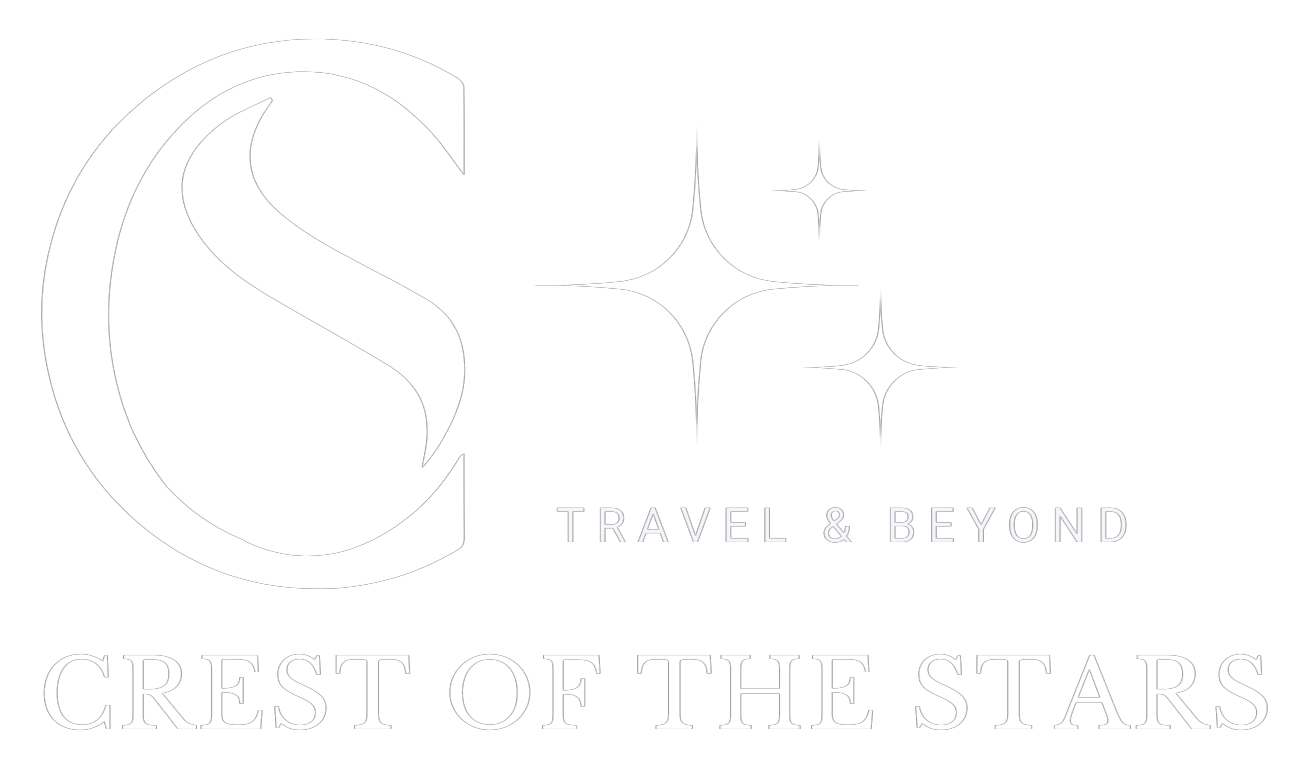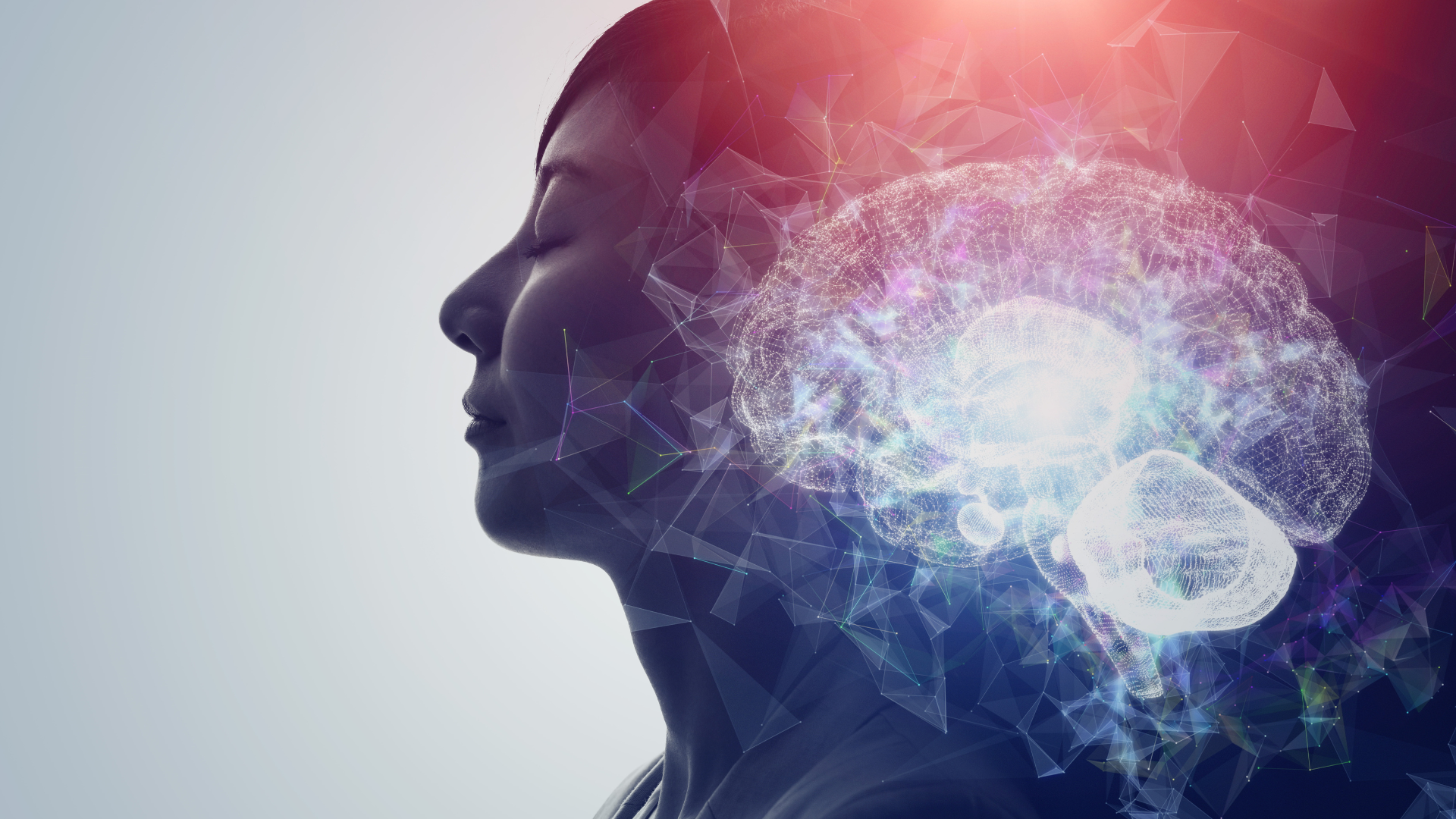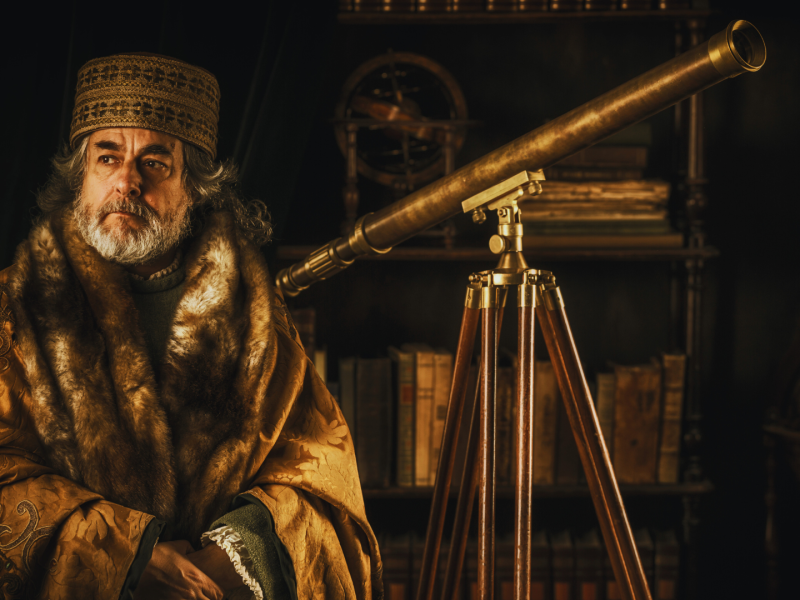Psychology may be the science of the mind, but for many people, calling psychology a science is akin to calling a cockroach a mammal. It is still a relatively new field of study compared to physics, but it’s a field that has grown significantly since its inception.
Psychology can do a lot for people. It helps people deal with trauma and loss; it helps people make sense of experiences; it teaches people skills to help them lead happier, healthier lives. But it can be more than helpful—it can be life-changing.
What Is Science?
Science is a broad subject that encompasses many things. It can mean anything from chemistry to physics and includes all the different branches in between. But what is science, exactly? Put simply; it is the study of the natural world. It encompasses the study of living organisms, matter, energy, space, and time. Science also involves the process of testing theories based on evidence and the process of repeating the process of testing.
Is it really possible to know that there is no magic? (OK, maybe there’s a small amount of magic to it, but not much). I say yes, there is science. Or at least there is a science that can be studied. Science is the pattern-seeking process of human and nonhuman organisms, employing observation, inference, deduction, and induction to address questions such as.
What Is the Nature of Biological Life, the Mind, and Consciousness?
Biological life is the existence and functioning of living organisms, which is defined as any organism capable of growth and reproduction. The mind, or mind-body connection, is the collection of all our thoughts, feelings, sensations, perceptions, memories, and skills—as well as our beliefs, desires, and intentions. And consciousness is the state of awareness in which one is aware of their own existence. These three things are related because life, mind, and consciousness are all concepts comprised of physical phenomena and exist within the physical world.
How Does Our Mind Work?
Delving into the intricacies of how our minds work, psychology offers fascinating insights into the mechanics of human behavior and cognition. While it unravels the mysteries of thought processes and emotional responses, some may wonder if this scientific approach removes the ‘magic’ from life. Contrarily, understanding the mechanisms behind our experiences can deepen appreciation and awe for the complexity of the human mind. Psychology doesn’t diminish wonder but rather illuminates the incredible intricacies at play. However, it’s crucial to acknowledge that mental health is an integral aspect of our well-being, and seeking support when needed is essential, especially as we get older. So, if you or a loved one is concerned about their cognitive health, exploring resources such as a neurology expert or a dementia checklist from Care For Family or similar agencies might be helpful. In embracing both the science and wonder of the mind, we can cultivate a holistic perspective that enriches our understanding of the human experience.
What Is Wonder?
Wonder can be many things, like seeing animals run freely in the wild or experiencing nature’s beauty firsthand. It can be seeing something for the first time, like a giant glacier or puffball mushroom. It can be taking time to just be in the moment, like when you’re reading a book under the stars or enjoying a quiet walk in the woods. Wonder can also involve mystery, like when the night sky is filled with stars you’ve never seen or heard whispers in an abandoned building.
Psychology is the study of how the mind works. Therefore it can arguably be considered a science. But does this mean it removes the magic from life? Not at all. The ability of the human mind to still astound us on a daily basis is what makes it so amazing.
Do magic tricks have any place in our daily lives? Should we believe in magic or science? What would our lives be like without magic tricks? Many of us grew up with magic tricks, and most of us, perhaps, still like to watch magic tricks today. But do we believe in magic?
How Do We Define Magic?
Magic is silly, but magic is funny, too. Magic is entertaining and fun, but it is exciting. It is inexplicable, illogical, and irrational, but it is intriguing. It is mysterious, but it is fascinating.
Psychology has a real place in a world that is obsessed with magic. It enables me to understand how my behaviors affect others. It helps me understand others better. Psychology can be used to increase my productivity at work and be a source of wisdom and enjoyment in my everyday life.



